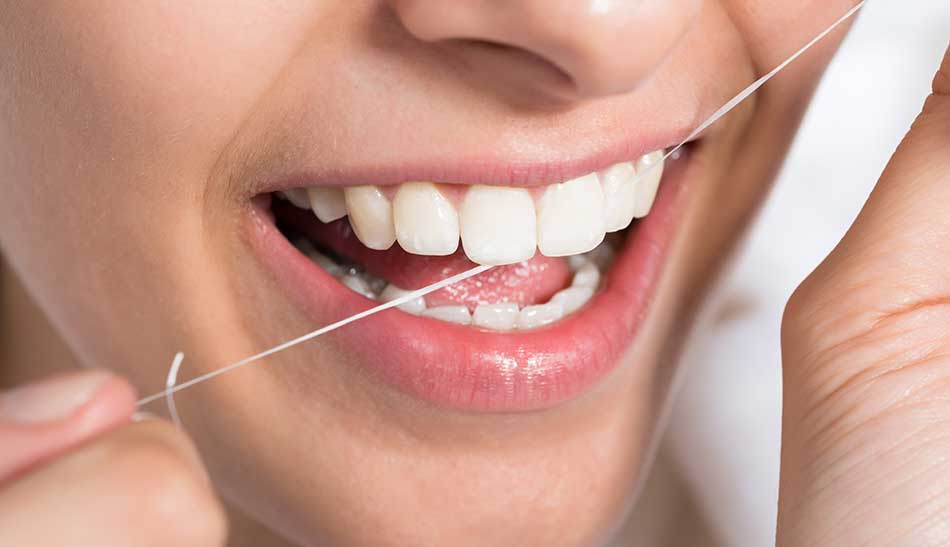What if you’re not flossing enough? Time and time again, we’ve heard that flossing is important. Yet, sometimes we get busy. Today’s lifestyles are often fast-paced. People work long hours, jobs involve travel and we even eat while on the go. In the rush, we may decide that flossing isn’t that important or we may simply forget to floss.
In fact, WebMD points out that we have lots of lame reasons for not flossing and that on the long list of healthy things we do like exercise, reduce salt intake and drink less sodas, flossing our teeth may come near the bottom of the list. Flossing is not given enough importance and the CDC even reports that 47% of adults in the range of 30 and older have some degree of periodontal disease. This is an indication of failing to floss sufficiently.
Here are some reasons we give for not flossing:
- We don’t know how to do it right.
- Our gums bleed when we floss.
- Our teeth are too close together.
- We can’t get to our back teeth.
- We don’t have time.
- We forget.
- We use mouthwash instead.
- We don’t want to stir up all the germs.
Signs of Not Flossing Enough
- Bleeding gums, during dental visits. When you don’t floss enough, it will show up during your dental cleaning. The dental hygienist will notice that your gums bleed when flossing between your teeth. What has happened is the acid and bacteria has caused little wounds in your mouth and flossing is rubbing against them, causing bleeding. Another sign is that your gums are receding due to bacterial buildup.
- Stained teeth. Tartar and plaque buildup occurs when you don’t floss, which stains your teeth. Ironically, many people pay a lot to have their teeth whitened when by comparison, it only costs a few dollars to buy floss and a bit of discipline to floss regularly.
- Bad breath. Bacteria between teeth and gums can be hard to reach and when it’s not reached, it can cause bad breath. Mouthwash alone doesn’t get rid of the bacteria. When people floss correctly, the floss removes food particles and plaque.
Dr. Baker can help you take good care of your teeth and gums.







Recent Comments